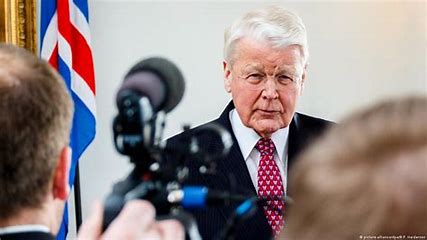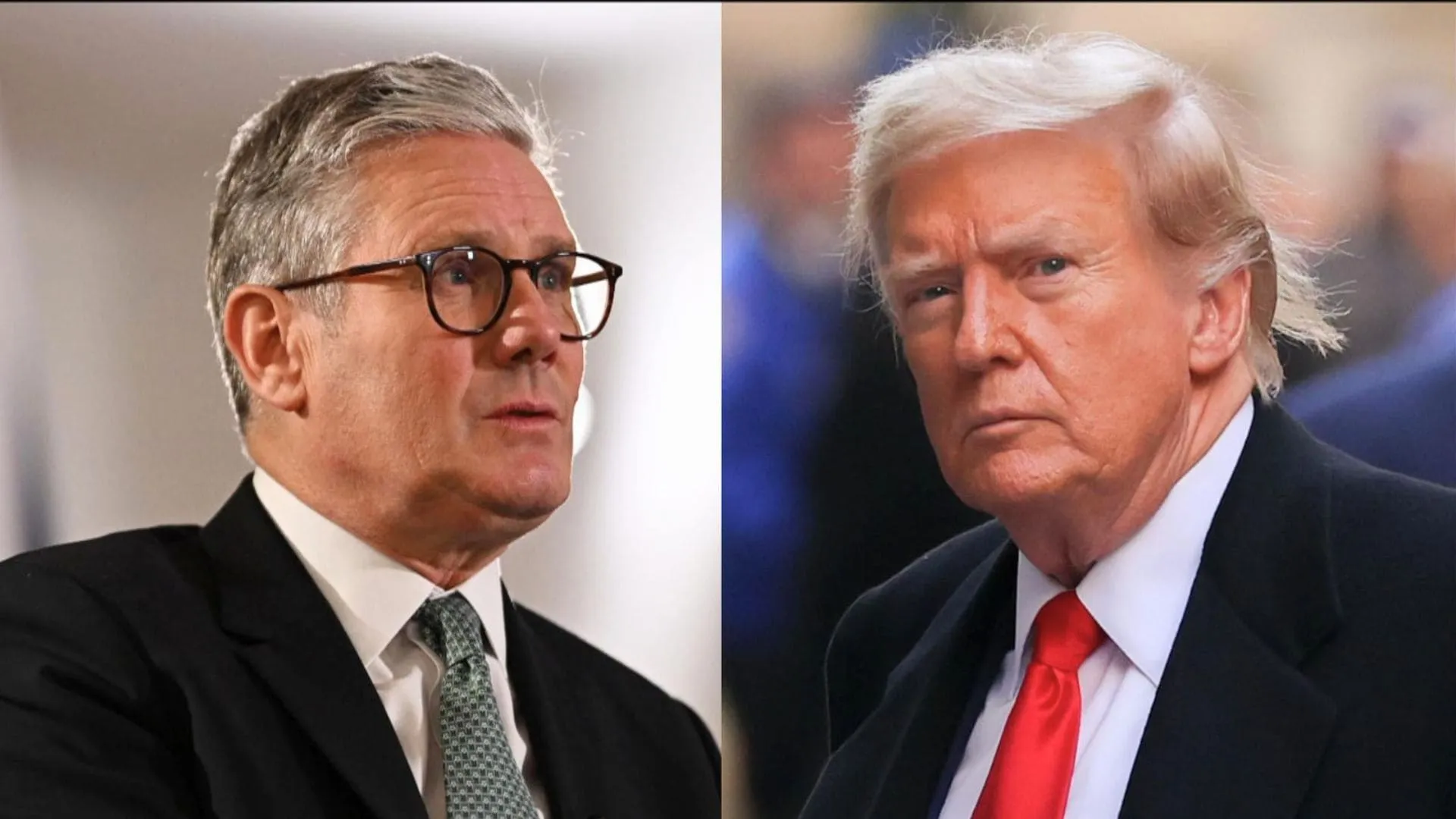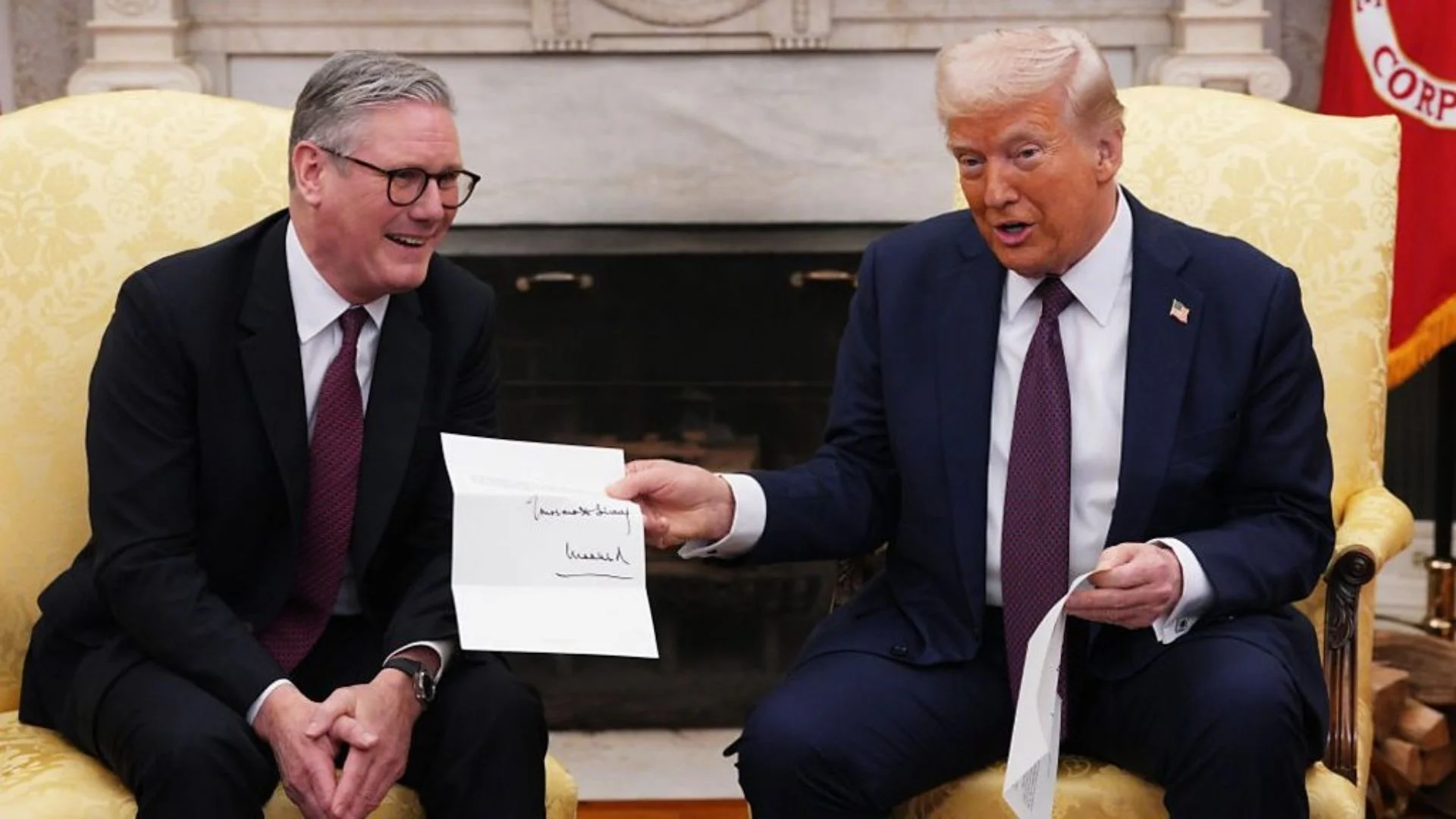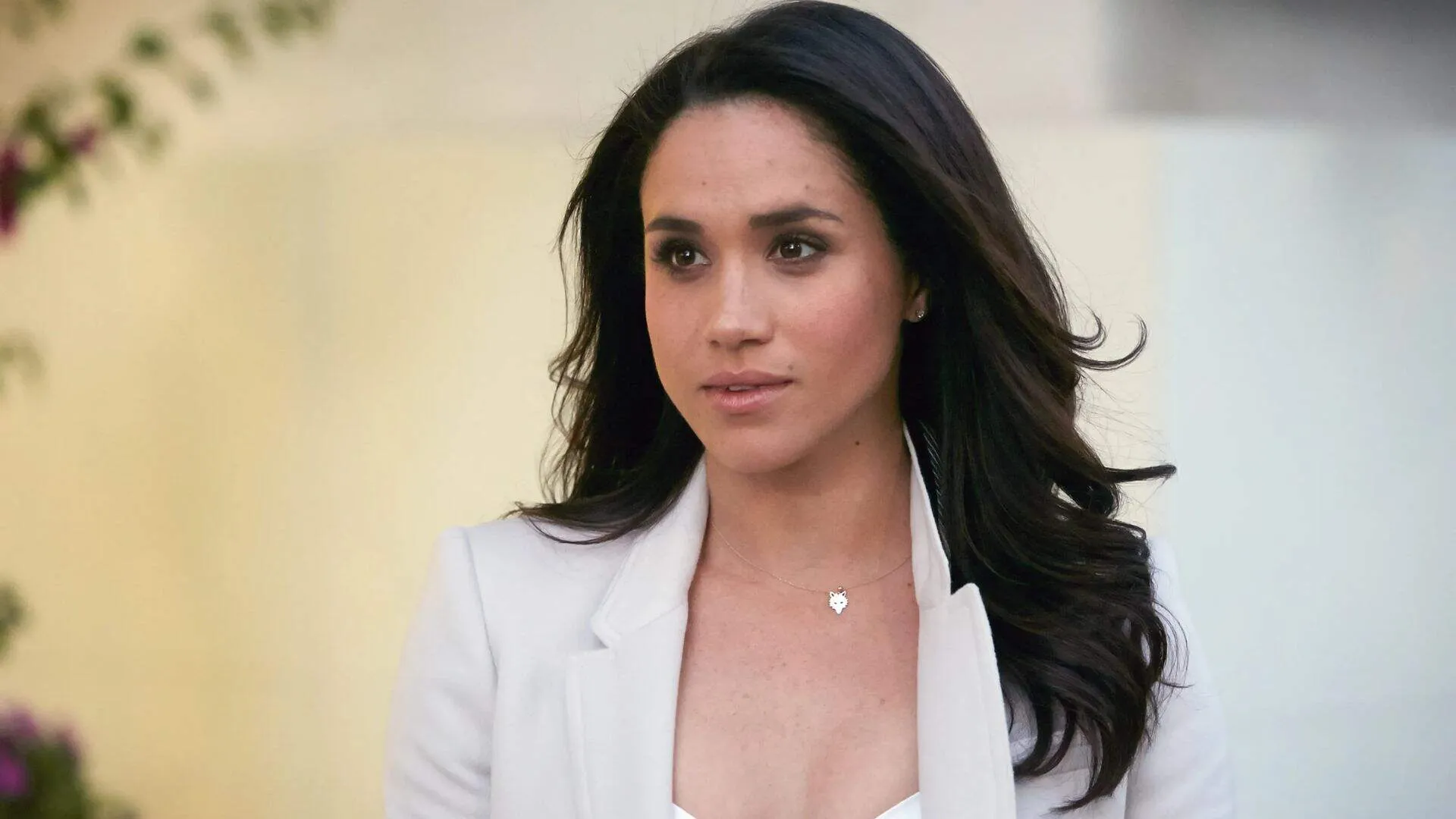Iceland’s political landscape has dramatically shifted after the Social Democratic Alliance, led by Kristrun Frostadottir, emerged victorious in a snap election, overtaking Prime Minister Bjarni Benediktsson’s Independence Party. The Social Democrats secured 20.8% of the vote, gaining 15 seats in the 63-seat parliament, more than doubling their 2021 result. In contrast, the Independence Party suffered its worst performance in history, with only 14 seats and 19.4% of the vote.
Election Triggered by Coalition Collapse
The snap election was triggered by the collapse of Benediktsson’s three-party coalition government in October 2024. This followed significant discord over immigration policies, a key issue that led to the breakdown. The coalition, which had previously garnered more than 54% of the vote in the 2021 elections, saw its share plummet to less than 30% this time, reflecting widespread dissatisfaction among the electorate. Frostadottir, who led the charge for the Social Democrats, commented on the results, saying, “We obviously see that people want to see changes in the political landscape.”
Negotiations for a New Government Begin
With no party able to secure a majority on its own, negotiations to form a new coalition government are set to be complicated. Iceland’s political culture does not adhere strictly to traditional left-right divisions, making coalition-building a highly unpredictable process.
Political analysts are speculating that a potential alliance could form between the Social Democrats, the Liberal Reform Party, which secured 15.8% of the vote, and the People’s Party, which garnered 13.8%. This coalition would hold the necessary majority and may focus on revisiting Iceland’s stalled EU accession talks, which were last discussed in 2013. Olafur Hardarson, a professor of political science at the University of Iceland, noted that “the main message from the voters this time is that they punished the government parties— all three government parties—quite considerably.”
Voter Priorities and Policy Shifts
While the collapse of the government was largely due to disagreements over immigration policies, surveys show that voters prioritized other issues during the election. Healthcare, housing, and economic concerns dominated the public discourse, reflecting growing unease in a country battling inflation and high interest rates.
The results of this election could have significant ramifications for Iceland’s future policies. The Social Democrats have signaled interest in reigniting EU accession talks, which the Independence Party traditionally opposes. Balancing the progressive platform of the Social Democrats with the priorities of potential coalition partners will be a key challenge for Frostadottir.
What’s Next for Iceland’s Government?
With no single party holding a commanding majority, the formation of Iceland’s next government will likely involve a broad coalition compromise. Coalition talks are expected to intensify in the coming weeks as party leaders navigate the fractured political landscape and seek common ground.
“We’re entering a phase of intense negotiation,” said Eirikur Bergmann, a politics professor at Bifrost University. “The election has reshaped the political scene, and the formation of the next government will define Iceland’s path forward.”
As Iceland prepares for a new era of political leadership, the future of its EU accession bid, economic policies, and social reforms hang in the balance. The next few weeks will determine the country’s political direction, as parties work to form a stable government that reflects the changing will of the people.










